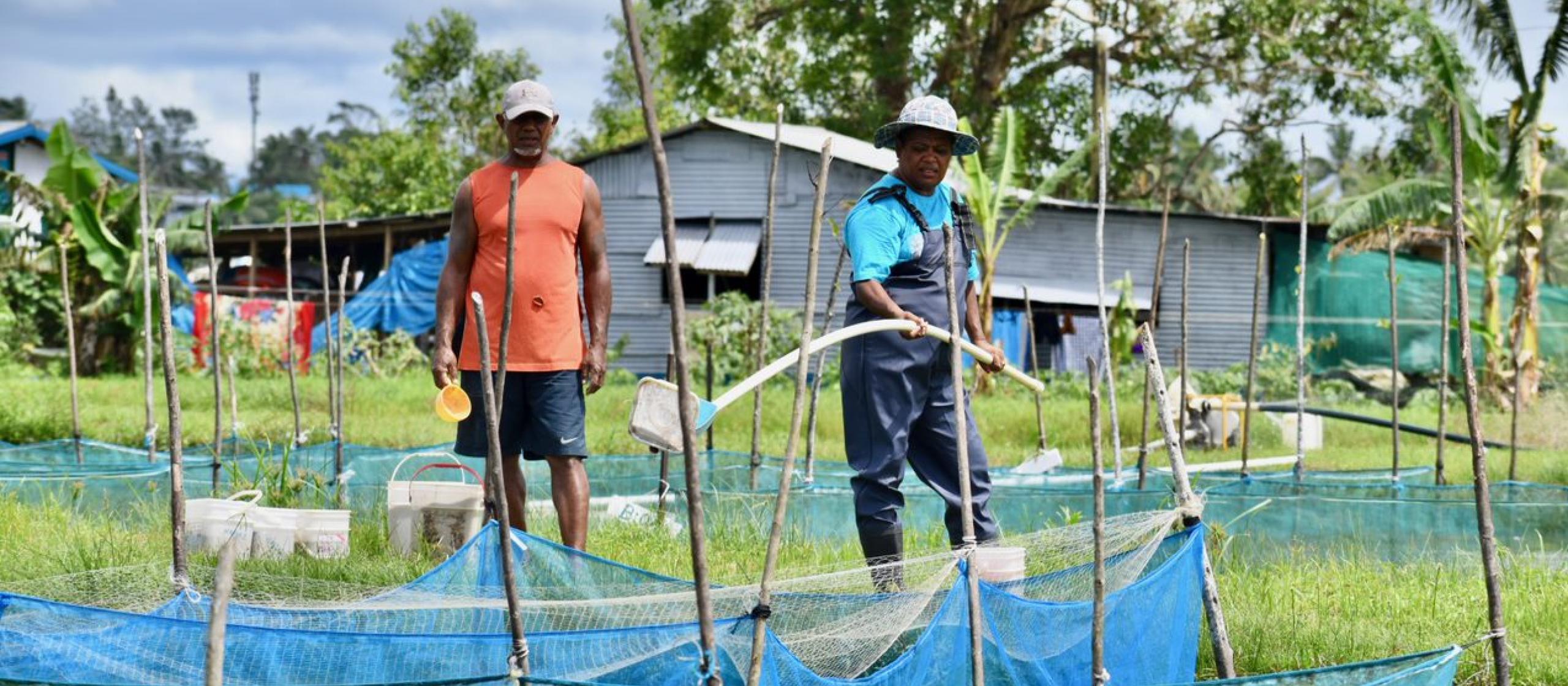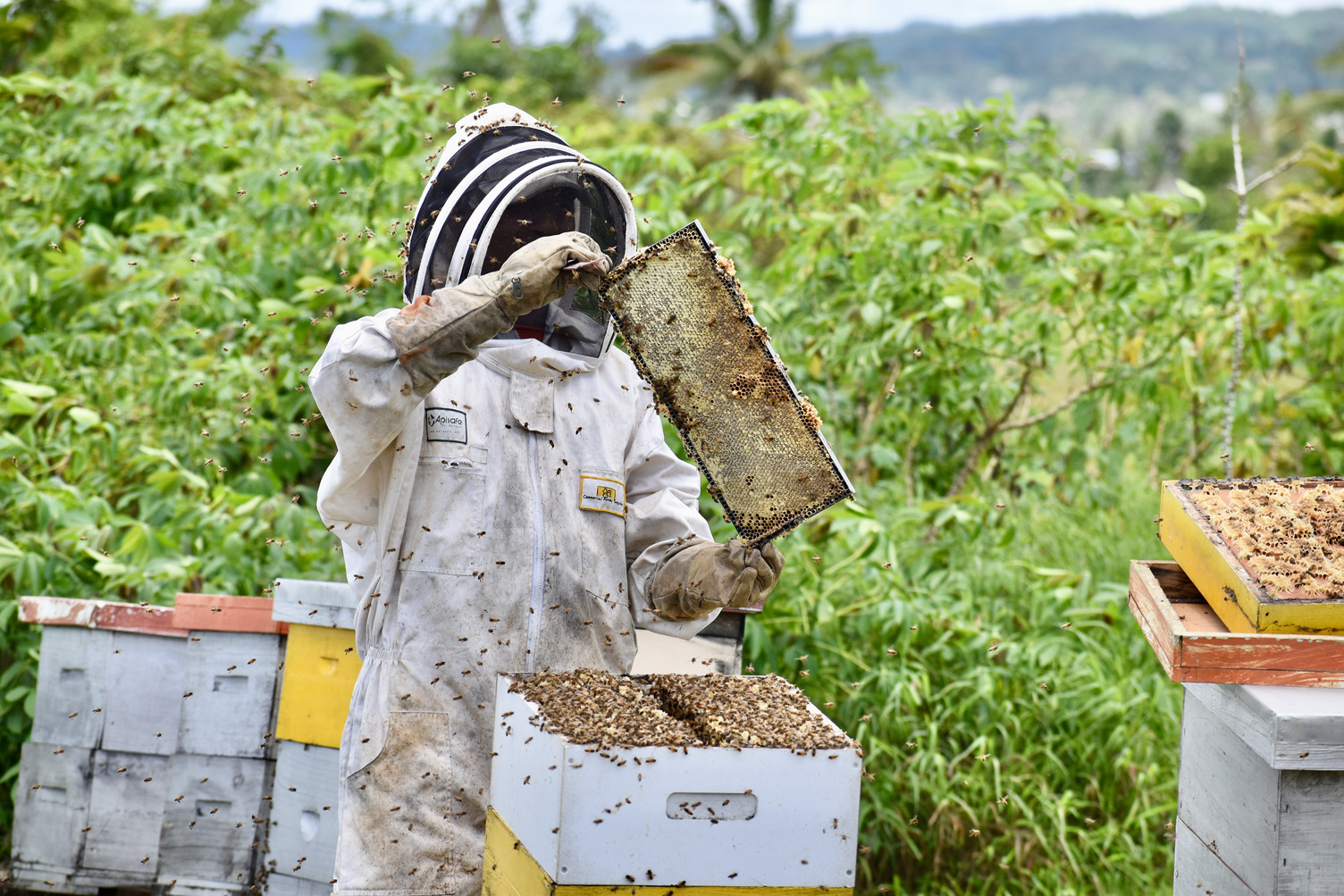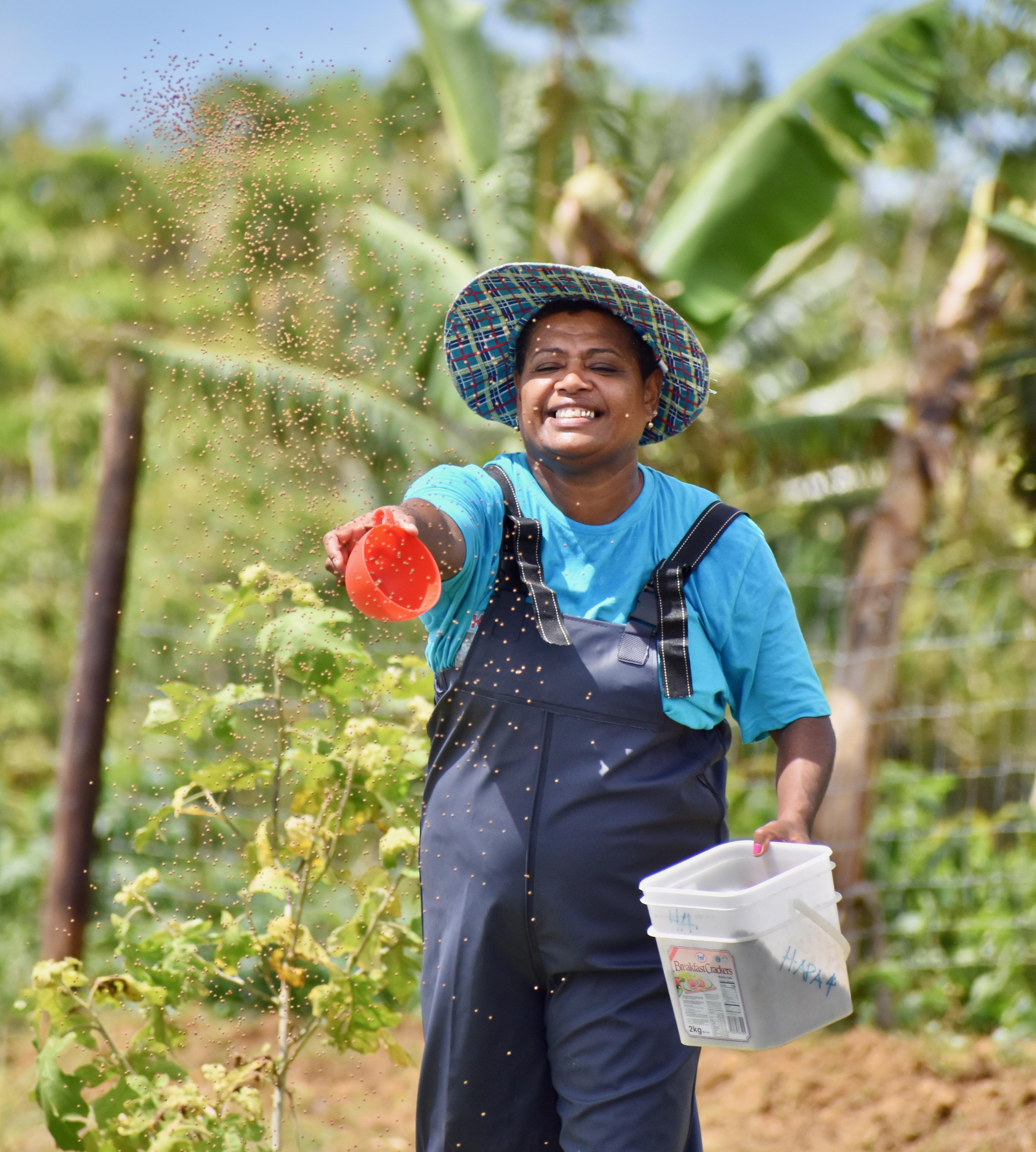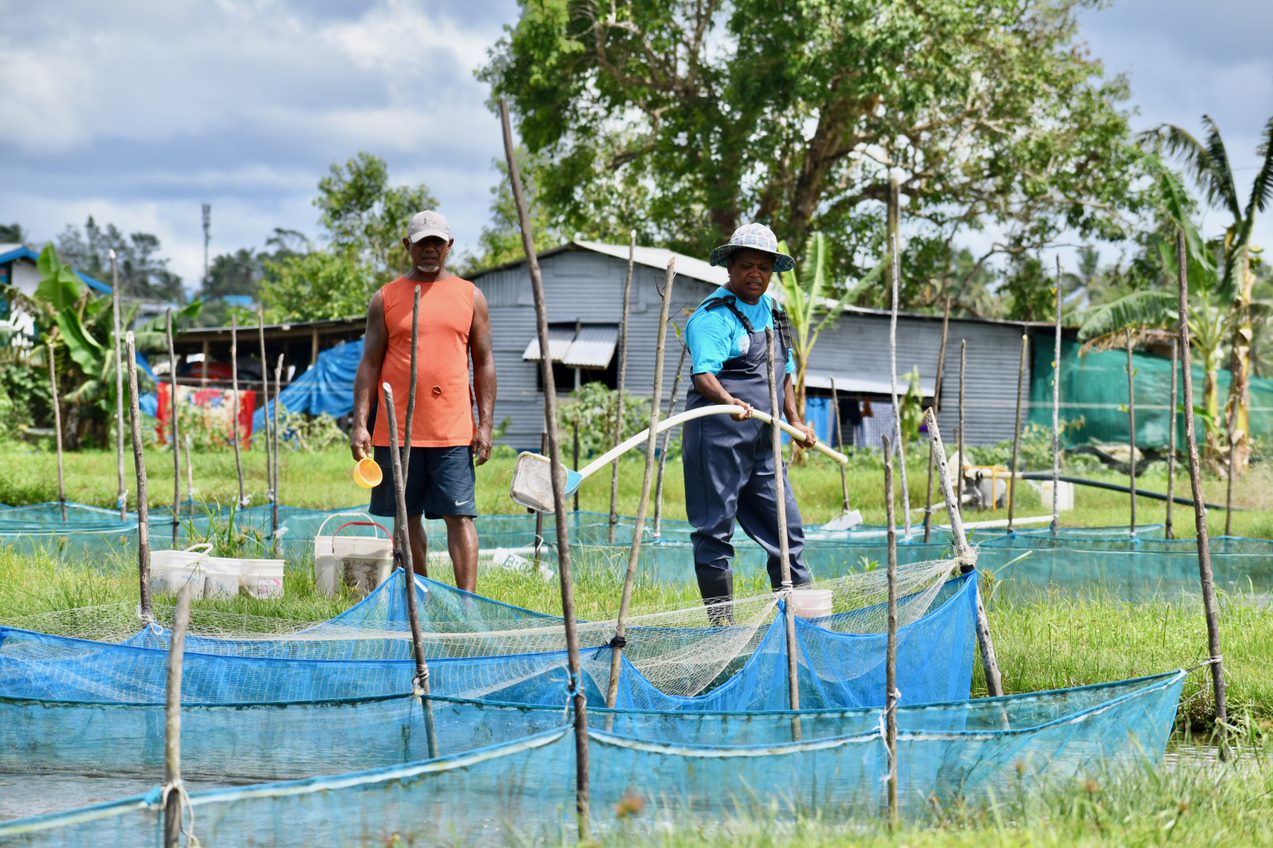- HomeHome
-
About ACIAR
- Our work
- Our people
-
Corporate information
- ACIAR Audit Committee
- Commission for International Agricultural Research
- Policy Advisory Council
- Agency reviews
- Executive remuneration disclosure
- Freedom of information (FOI)
- Gifts and benefits register
- Information publication scheme
- List of new agency files
- Contracts
- Legal services expenditure
- Privacy impact assessment register
- Commonwealth Child Safe Framework
- Benefits to Australia
- Careers
- 40 years of ACIAR
-
What we do
- Programs
- Cross-cutting areas
- Resources
- Where we work
-
Funding
- Research projects
- Fellowships
-
Scholarships
- John Allwright FellowshipScholarships to study in Australia for ACIAR partner country scientists to have Australian postgraduate qualifications
- ACIAR Pacific Agriculture Scholarships and Support and Climate Resilience Program
- Alumni Research Support Facility
- Publications
- News and Outreach
Date released
19 August 2021
A long-running research initiative helping strengthen Fiji's developing tilapia industry is gaining momentum, with more local farmers keen to take up fish farming.
The Pacific Agribusiness Research in Development Initiative Phase 2 (PARDI 2) is an ACIAR-led agribusiness development project in partnership with the University of the Sunshine Coast (USC) that contributes to improved economic growth and agricultural livelihoods in the Pacific.
A significant component of the PARDI 2 is building the capacity of the local smallholder farmers in agriculture and aquaculture and supporting opportunities leading to greater confidence and an increased desire among rural people, especially youth and women, to participate more fully in agribusiness and other value-adding activities.
The four-year project works across Fiji and Vanuatu and looks to champion successful farmers within the community to inspire other farmers. One such example is Fiji's own, Katarina Baleisuva.
Ms Baleisuva, the founder of Kaybee farm on the outskirts of Suva, Fiji, is the first female Fijian tilapia farmer to produce and supply male-only cultured fingerlings (young fish) to semi-commercial and commercial farmers in the country.
Male tilapia fish generally grow bigger and at a faster rate compared to female tilapia.
'This started as a daring venture for me, and because of the support I have received from numerous partners, including the PARDI 2 project, I am now running Fiji's first private tilapia hatchery,' Ms Baleisuva said.
Ms Baleisuva has been provided significant technical training support through The Pacific Community (SPC) and mentoring in management, product development, sales, and market channels through PARDI 2 in collaboration with the Pacific Island Farmers Organisation Network (PIFON).
'I have incorporated agricultural products as well. Apart from tilapia farming, I do beekeeping and plant vanilla and local vegetables and root crops. To be a sustainable farmer and develop my agribusiness skills I am using my land and expanding my business,’ Ms Baleisuva added.
Project leader from the University of the Sunshine Coast, Professor Steven Underhill, said that PARDI 2 was pursuing the development of farmer associations in aquaculture.
'Tilapia farmers are a great group to focus on as they are well organised using the cluster model, through the work that the Pacific Community and the Ministry of Fisheries had already been conducting with them,’ he said.
Professor Underhill explained that the cluster model consists of smallholder tilapia farmers working together in targeted groups.
'Our research shows that by working in a cluster, farmers can improve economies of scale and increase their bargaining power for inputs, such as fish feed or hatchery seed supply. These farmers are assisted through technical assessment of their farming methods and production output.'
'Clusters also help these farmers network and know each other, and share knowledge and practices,’ he said.
Ms Baleisuva attended a PARDI 2-supported training workshop in 2019 and, along with the other participants, decided to form the Tilapia Fiji association - a network of Tilapia farmers from all over Fiji. The association was formally registered last year with Ms Baleisuva as the President.
'I started as a small-scale Tilapia farmer twenty years ago. Today, I have achieved a major milestone by being the first aquaculture farmer in the country running a private hatchery. I never thought I would come so far,' she said.
'PARDI 2 has also helped me enhance my skills through hands-on training in better management practices for tilapia aquaculture management and value-adding and supply chain development for fisheries and aquaculture products', she added.
Ms Baleisuva explained that the training and capacity-building through PARDI 2 has supported her in running her private hatchery and business successfully and ethically.
'Value adding, in particular, is a very useful concept as it increases the sales and demand of the product (tilapia) and reduces wastage simultaneously', she added.
Professor Underhill adds that there is a lot of untapped potential for tilapia farmers.
'Especially given in this pandemic, there is an increasing priority on aquaculture because it can meet these needs almost immediately with fish being harvested in about six months. Aquaculture farming can also reduce pressure on Fiji's other fisheries resources.
'Success stories like Ms Baleisuva are inspiring other Fijians. She has been featured in the Triennial for Pacific Women conference held earlier this year under the theme of Women in Aquaculture', he said.
ACIAR Research Program Manager for Agribusiness, Mr Howard Hall said that ACIAR is proud to support champions such as Ms Baleisuva.
'Fisheries and aquaculture provide nutritious food for hundreds of millions of people worldwide and support livelihoods for many people in the region. All aspects of fish supply chains are strongly affected by the COVID-19 pandemic, with jobs, incomes, and food security at risk'.
'Building capacity of budding farmers in aquaculture or agriculture is crucial to ensure that farmers are linking to share knowledge, best practice methods, and lessons learned. It is great to see examples like Ms Baleisuva inspiring the future generation of farmers', he explained.
The future is bright for Ms Baleisuva. She plans to continue working with mentorship groups, including women groups, to encourage them to venture into tilapia farming with integrated agricultural practices.
'I am glad I can inspire other Fijian women to follow in my footsteps. My recipe for success has been my drive, determination, hard work. I am very grateful for all the support and upskilling provided by PARDI 2', she said.
The PARDI 2 project is an ACIAR-funded research initiative led by the University of the Sunshine Coast in partnership with the Pacific Community, Ministries of Fisheries (Fiji), PIFON, Southern Cross University and the University of Adelaide.






